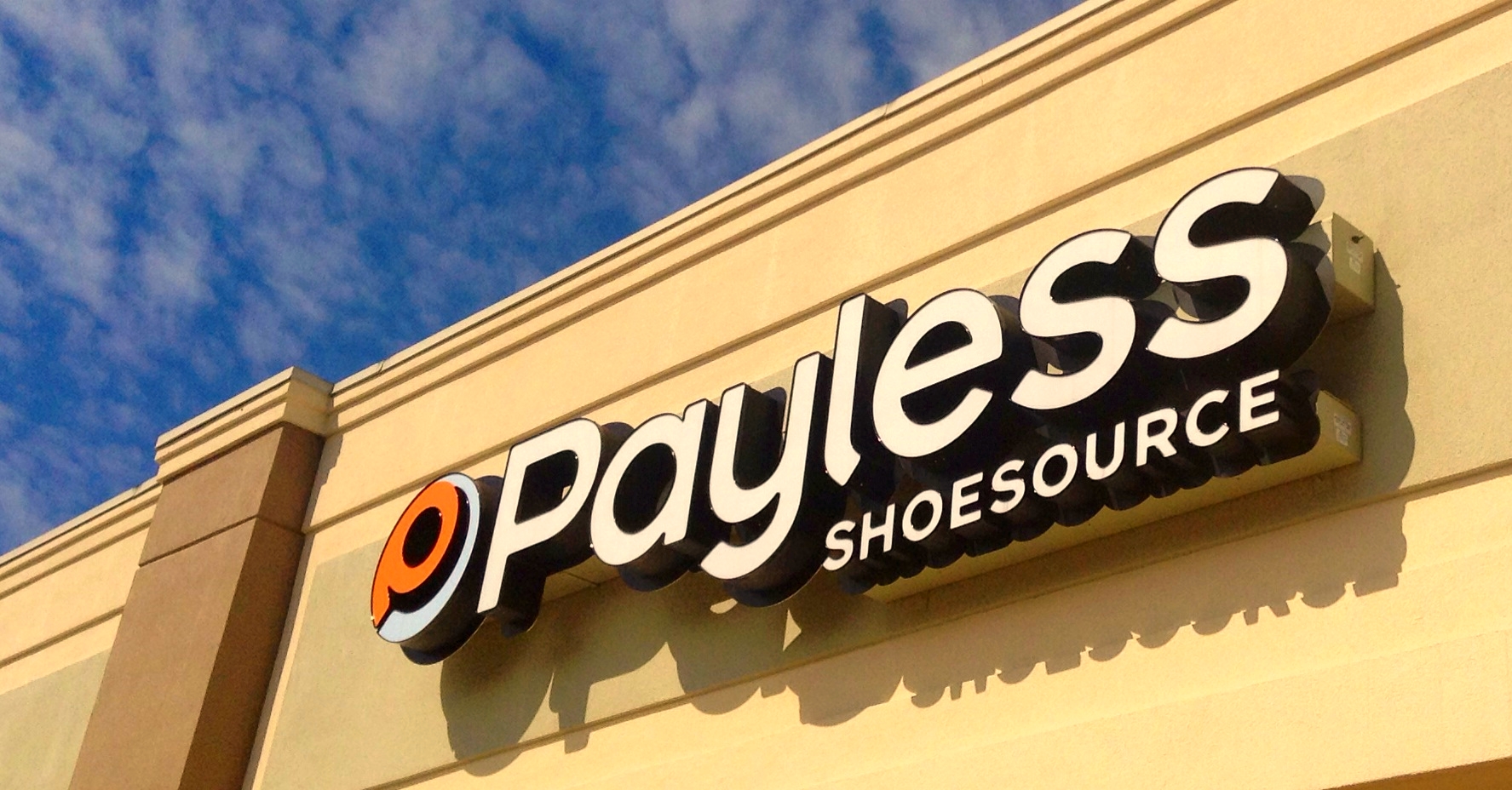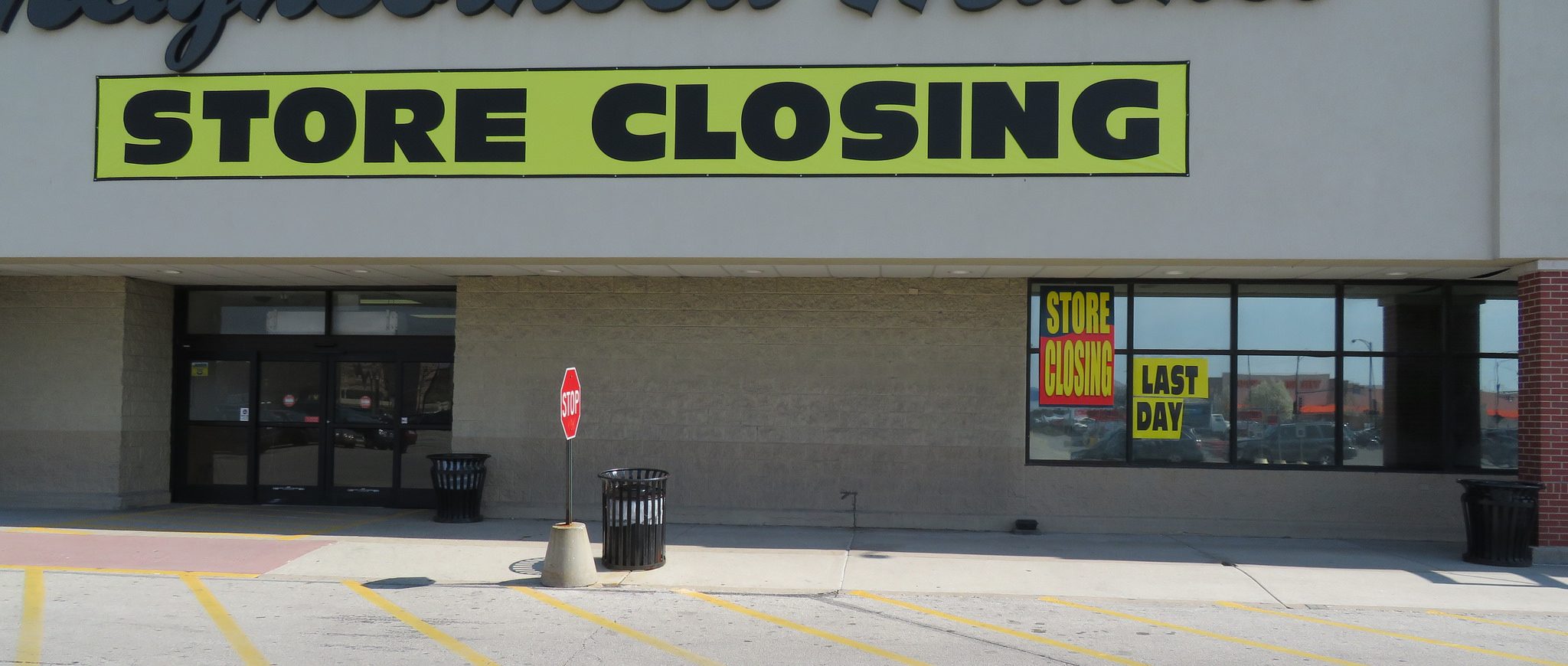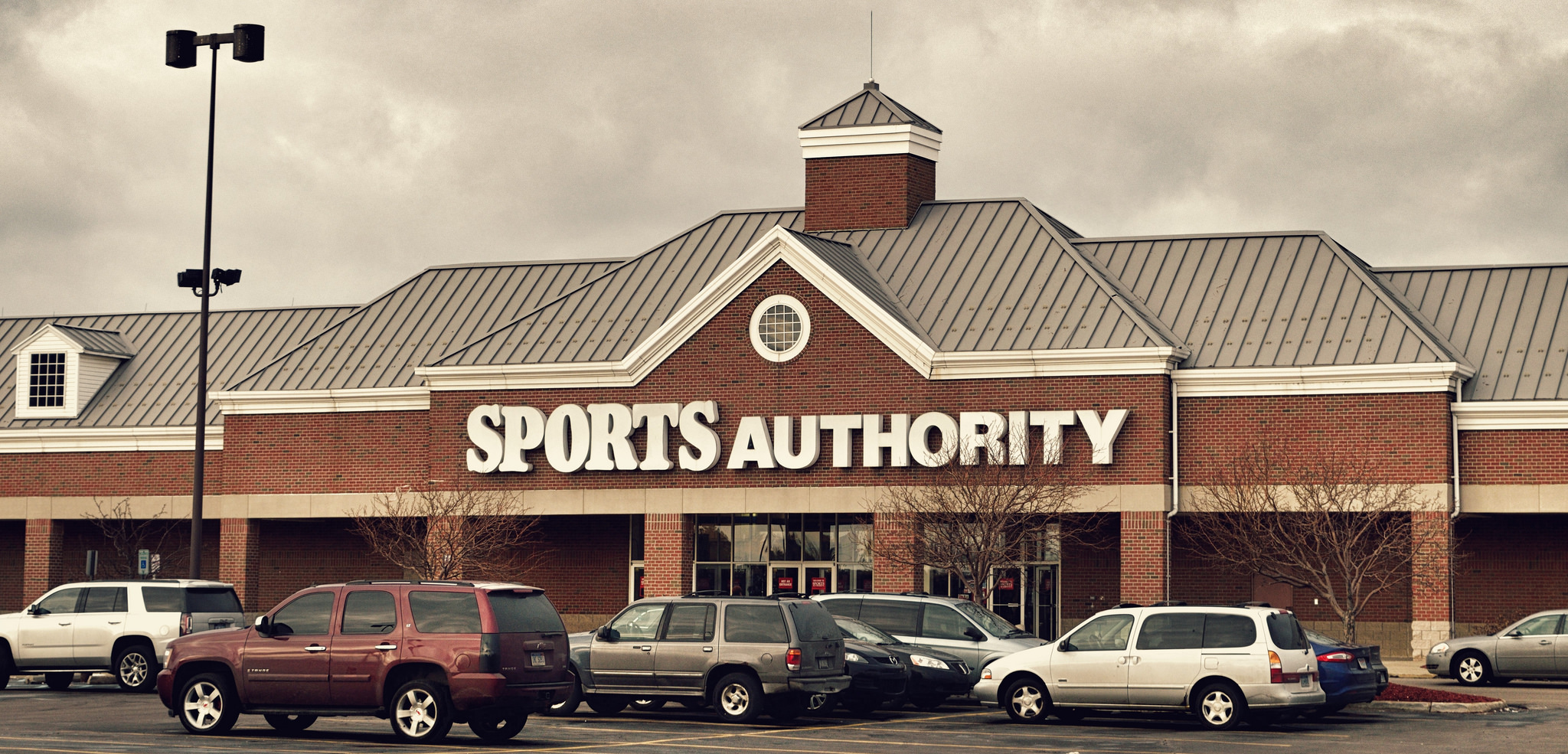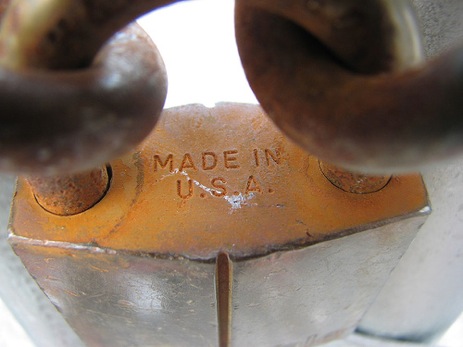This year, there have been a record number of retail bankruptcies, but there’s also been a change in the industry. While some of the largest recent retail bankruptcies were preludes to liquidation, lenders and landlords are now working to keep as many stores open as possible after bankruptcy. [More]
creditors

Report: Payless Looking To Reduce Its Footprint, Close 1,000 Stores
Payless, the ubiquitous discount shoe retailer with more than 4,400 stores in 30 countries, is reportedly looking to cut back on its ubiquity. Just like just about every other retailer in your local mall, especially the ones that sell clothing, the company has too many stores and too much debt. [More]

Judge Approves Final Plan For RadioShack Bankruptcy
RadioShack’s bankruptcy filing back in February probably surprised no one, and it’s also not surprising that it has taken almost eight months to sort out the affairs of a company that was 95 years old and had 4,000 stores. While many of the chain’s stores were saved and continue under a new owner, and some creditors will be paid in full, the bankruptcy won’t end well for the Shack’s unsecured creditors. [More]

Radioshack Creditors Claim Pre-Bankruptcy Shenanigans Go Back To Early 2014
The electronics retailer RadioShack had been obviously doomed for a while, finally declaring bankruptcy in February of 2015. Yet lenders kept giving the company money to keep the lights on and keep paying employees to ask for phone numbers and buy extended warranties. Now a group of junior creditors have filed a lawsuit against former Radioshack leaders and the hedge fund Standard General, alleging that this whole bankruptcy was deliberately planned to deliver RadioShack to Standard General at a fire-sale price. [More]

Arbitration May Be Dead, But Courts Offer Imperfect Alternative
Last month, the Minnesota Attorney General brought an oppressive arbitration regime to its knees. Nation Arbitration Forum handled over 200,000 arbitrations per year. But many of those cases will end up in the 50 states’ district courts, where consumers may fare no better.

Hit With A Credit Card Rate Hike? Try Freezing The Account
Rosemary writes that Bank of America just increased the interest rates on her two credit cards by 12% and 15% because the balances were too high, after slashing the credit limits on both cards a month before. She’s frustrated, of course, but like everyone else who’s been hit with these increasing fees, she’s sort of stuck with their decision. But Mary Schwager at Examiner.com suggests you try placing your account on hold for six months or so, at which point your creditor may be less terrified of the economy and willing to work with you.

Tennessee Pushes Back Against Late Fees By Credit Card Companies
Although it has yet to pass into law, the Tennessee Senate Commerce Committee has approved a bill that requires creditors to count the postmark date of a payment as the payment date, not the day they say they receive it.

Moreno And Woods: Scammy Debt Collectors Who Lie And Harrass
Erin was the recipient of a recent scam attempt from Moreno and Woods, a debt collection agency that—according to her account and others found online—uses abusive tactics and fraudulent claims to try to con people into paying off debts they never owed to avoid things like wage garnishments and lawsuits. Erin fought back, and shared her story with us to warn others.

Collection Agencies Sending Out 1099-C Forms For Zombie Debts?
It seems that some bottom-feeding debt collection companies—the ones who buy old debts that are frequently beyond the point where you can be sued for collection (what the FTC calls “time-barred debts”)—purchase old debts, mark them up with incredibly high penalties and fees, then “forgive” them and write them off as tax losses and send the debtors 1099-C forms—which means you have to pay taxes on the forgiven amount. If this happens to you, here are a few things you should consider first.




